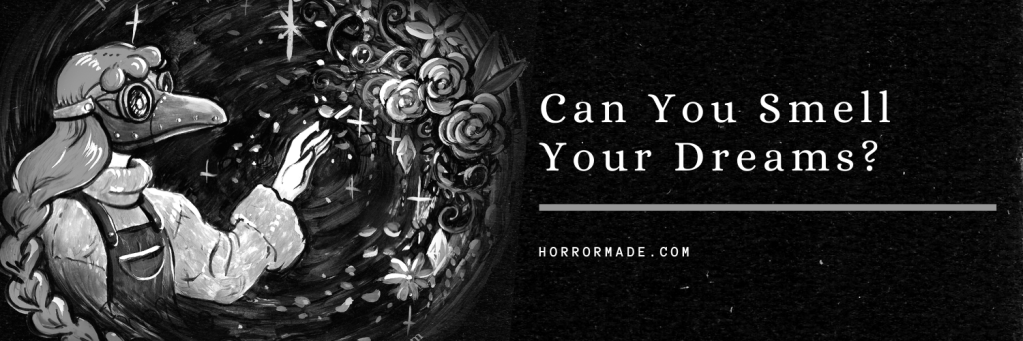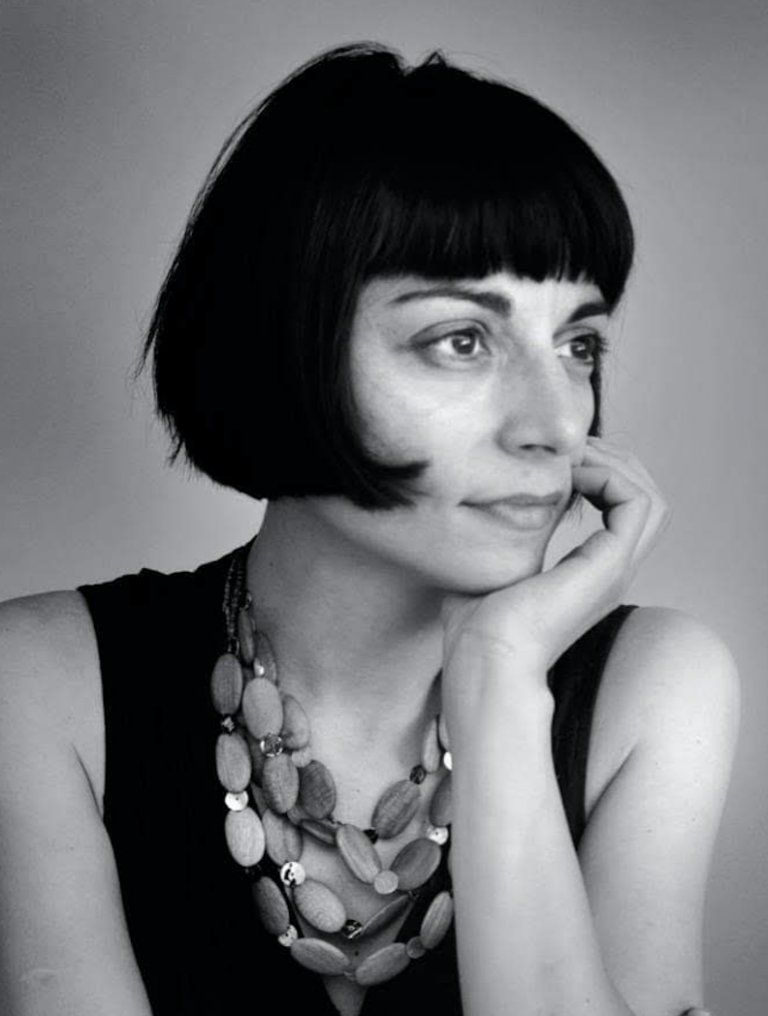Post written by Jeanette Andriulli
I woke up one morning with this random thought in my head, “I wonder if anyone can smell their dreams.” Part of this thought was spurred by that fact that I’d woken up after having my 1st dream where I spoke in ASL (American Sign Language). As an FYI, one of my 2020 lock-down projects has been teaching myself both ASL and Italian and I’ve had a few dreams this year where those languages have popped up. Which pleases me to no end because that tells me some of it’s actually starting to sink in. But anyway, this got me wondering about other people’s dreamscapes.
Dream Senses
In my personal experience, my dreams are a direct reflection of my mental health. When I’m happy, they’re wonderlands of chaotic adventure full color vibrant where I can feel the cold wind or fiery heat of the environment around me. When I’m stressed or depressed they’re grey stilted recreations of real life. But, until my late 20’s, I never dreamed in sound. To this day I still don’t “hear” very often in my dreams. Occasionally I will hear music but mostly I will only ever hear laughter, screaming, or yelling. And largely it’s nightmares that have sound rather than normal dreams. As for taste, I can remember experiencing taste in a dream once and it was such a strange experience. I was eating food on an alien planet and the food popped in my mouth with a strange invented sweetness. Kind of like a grape but… brighter?
As an artist and a largely visual person it doesn’t surprise me that my dreams don’t tend to focus on the other senses. But I wonder, is that the normal type of dreaming? And what about people who’s lives pivot more on their other senses? Do they dream with expanded sensations?
Do musicians dream with a soundtrack?
Can a chief taste their dreams?
Does a perfume designer dream in clouds of fragrance?
The 5 Senses of Dream
I am, thankfully, not the 1st person to ask these questions. So, when I went looking for answers, I found a plethora of information. An article on Medium.com cited some interesting dream studies done on the subject of sensorial dreams.
One study, done in 1956 by psychiatrist Peter H. Knapp, found that out of 544 dreams only 10 (1.84%) had dreams with a sense of smell or taste. One of the things he reported that surprised me was that only 15 percent of the dreams reported had color. (Dreaming in color is a rarity? I always dream in color – or at least in cinematic de-saturated tones anyway.)
According to a frequently cited study from 1998 done on dreams by Antonio L. Zadra, Tore A. Nielsen, and D. C. Doneri, dreams where auditory (sound), olfactory (smell), and gustatory (taste) sensation were quite rare.
A total of 3372 dream reports were collected and scored for unambiguous references to auditory, olfactory, and gustatory experiences. Auditory experiences were reported in approximately 53% of all dream reports. Olfactory and gustatory sensations occurred in approximately 1 % of all dream reports.
Perceptual and Motor Skills, Zadra, Nielson and Doneri, 1998
Why are Sensorial Dreams so Rare?
No one knows for sure, the human brain is still a mystery being studied, but there are some theories on the subject floating around. One that pops up a lot, as mentioned in this article from the BBC, the sense of smell and taste are often given a lower importance in the brains of Western dreamers. However, it’s interesting to note, that they discovered people who spend a lot of their time dedicated to studying and identifying smells in their waking life, such as perfume makers, have these dreams far more often.
For example: Francesca Faruolo, said in her interview with the BBC that she has incredibly fragrant dreams where scent and emotion seem to have close ties. And as someone who is literally the Creative Director of the Festival dell’Olfatto (the Smell Festival) she’s certainly someone who would spend a lot of time focused on her sense of smell in waking life.
One fascinating article I found about why sensorial dreams are so rare was written by Paul King, a computational neuroscientist, on The Independent. He shared that visual and auditory processing take up “as much as two thirds of the cerebral cortex.” Which is the same part of the brain that gets involved when you dream. When it comes to the other senses:
Smell and taste, on the other hand, barely interact with the cerebral cortex. Smell is regarded as possibly the most primitive perceptual system in the brain. Unlike the other senses, it connects directly into the memory and emotional systems, which is why a smell can bring back a memory so vividly.
Paul King, “Let me ask you this: ‘Why aren’t there smells in dreams?’,” The Independent, September 12 2014
Share Your Dreams
What about you, dear reader? What are your dreams like? What senses are prominent in the world behind your eyes? Leave a comment and let me know. I would love to hear how you experience dreams.



Leave a comment